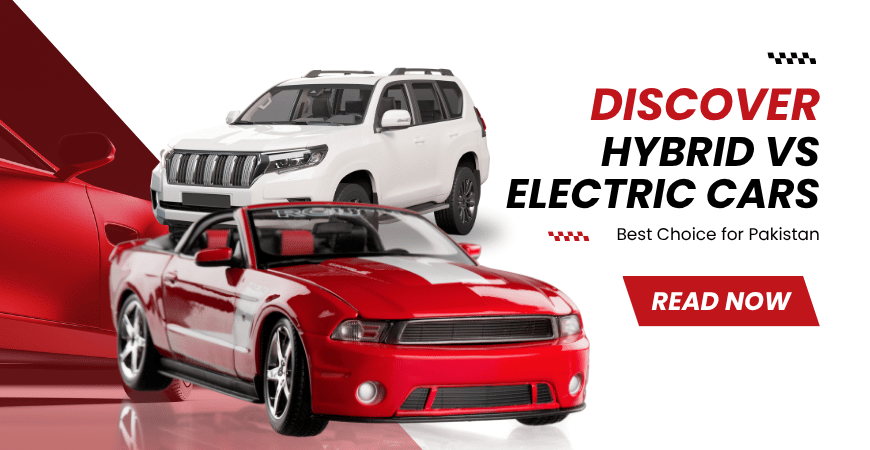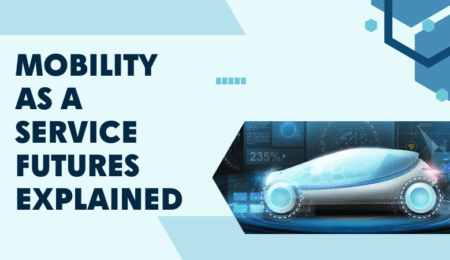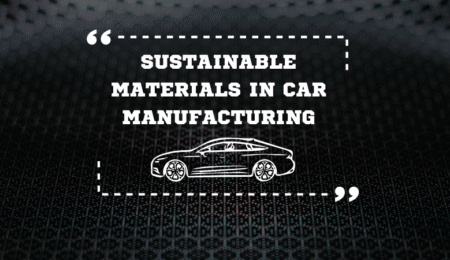Hybrid vs Electric Cars – Best Choice for Pakistan
Infrastructure Challenges in Pakistan: Hybrid vs Electric Cars
The automobile industry in Pakistan is at a turning point. With rising fuel prices, climate change concerns, and global technological advancements, the debate of hybrid vs electric cars – which one is better for Pakistan? has become more relevant than ever. Both options are seen as alternatives to conventional petrol and diesel cars, but each comes with unique benefits and challenges in the Pakistani context.
This article will explore the pros and cons of hybrid and electric vehicles (EVs), their suitability for local conditions, and what the future might look like for Pakistan’s auto sector.
Understanding Hybrid Cars
A hybrid car uses both a traditional internal combustion engine (ICE) and an electric motor. The system switches between the two power sources, or uses them together, to maximize fuel efficiency and reduce emissions.
Advantages of Hybrid Cars:
-
Fuel Efficiency – Hybrids consume less fuel than conventional cars, making them attractive in a country where petrol prices keep rising.
-
Lower Emissions – They produce fewer emissions compared to petrol or diesel-only cars, contributing to a cleaner environment.
-
No Range Anxiety – Since they still use fuel, drivers don’t have to worry about running out of battery.
-
Easier Transition – Hybrids feel familiar to users, offering a smoother shift toward green technology.
Disadvantages of Hybrid Cars:
-
Higher Purchase Cost – Hybrids are more expensive than conventional cars due to dual power systems.
-
Maintenance Costs – While fuel consumption is lower, hybrid batteries and parts may cost more in case of replacement.
-
Limited Availability – Pakistan’s auto market currently has fewer hybrid options compared to petrol cars.
Understanding Electric Cars (EVs)
Electric cars run entirely on rechargeable batteries, eliminating the need for petrol or diesel. Globally, EVs are being promoted as the future of sustainable transport.
Advantages of Electric Cars:
-
Zero Fuel Cost – EVs run on electricity, making them far cheaper to operate compared to petrol or diesel cars.
-
Eco-Friendly – EVs produce zero tailpipe emissions, which can significantly reduce air pollution in cities like Lahore and Karachi.
-
Quiet and Smooth Drive – EVs offer a noiseless ride with better acceleration and modern features.
-
Government Incentives – In many countries, EVs are promoted with tax cuts and incentives. Pakistan has also announced reduced duties on EV imports.
Disadvantages of Electric Cars:
-
Charging Infrastructure – Pakistan currently lacks widespread charging stations, especially outside major cities.
-
Battery Costs – EV batteries are expensive, and replacement can be a major financial burden.
-
Limited Driving Range – Most affordable EVs in Pakistan have a driving range of 150–250 km per charge, which may not suit long-distance travelers.
-
Electricity Shortages – With frequent power outages in Pakistan, charging EVs at home may be challenging.
Hybrid vs Electric Cars – Which is More Practical for Pakistan?
To decide whether hybrids or EVs are better for Pakistan, we need to consider local challenges:
-
Fuel Prices: Petrol and diesel prices continue to rise. Hybrids help reduce dependency, while EVs eliminate it completely.
-
Power Supply: Pakistan’s unstable electricity supply makes EV adoption difficult. Hybrids, on the other hand, don’t rely solely on electricity.
-
Infrastructure: EVs require a network of charging stations, which Pakistan lacks. Hybrids do not face this problem.
-
Affordability: Hybrids are generally more expensive upfront, but EVs require heavy investment in charging setup and battery replacement.
Current Market in Pakistan
At present, hybrids are more common in Pakistan due to brands like Toyota Prius, Honda Vezel, and Aqua. These cars offer a balance between fuel efficiency and reliability.
Electric cars are slowly entering the market with options like the MG ZS EV, Audi e-Tron, and recently, some Chinese EV brands. However, high costs and charging limitations have slowed widespread adoption.
According to Pakistan Association of Automotive Parts & Accessories Manufacturers (PAAPAM), hybrid technology is expected to dominate the market in the short term, while EV growth will depend on government policies and infrastructure development.
Environmental Impact
-
Hybrids: Reduce fuel consumption but still emit greenhouse gases since they use petrol engines.
-
EVs: Offer the cleanest option for the environment but only if the electricity used for charging comes from renewable sources. Pakistan’s reliance on fossil fuel-based electricity means EVs are not yet fully “green.”
Future Outlook – Hybrid vs Electric Cars
-
Short-Term (Next 5 Years): Hybrids are more practical due to existing fuel infrastructure, moderate costs, and consumer familiarity.
-
Medium-Term (5–10 Years): EVs may gain popularity as Pakistan invests in charging stations and renewable energy.
-
Long-Term (10+ Years): EVs are expected to dominate as global trends shift toward fully electric mobility.
Final Verdict
In the debate of hybrid vs electric cars – which one is better for Pakistan? the answer lies in timing and infrastructure:
-
For immediate practicality, hybrids are the better choice, balancing fuel efficiency with reliability.
-
For long-term sustainability, electric cars are the future, provided Pakistan overcomes its power and infrastructure challenges.
Pakistan is not yet fully ready for EVs, but they represent the future. Hybrids serve as the perfect transitional solution for today.
Read Also: Plots vs Flats – Which Property Investment is Better?



